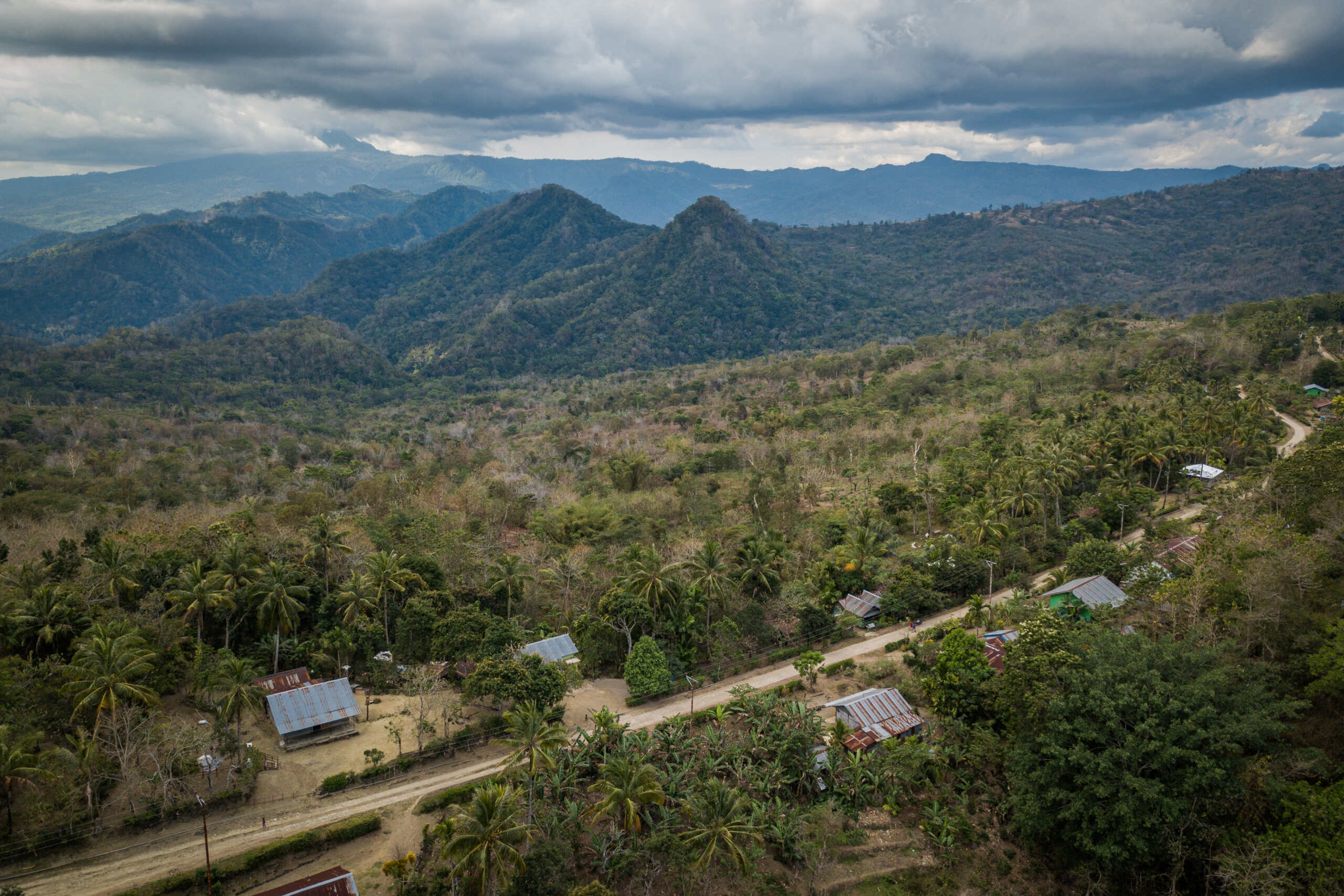Gender inequality in the division of unpaid care work
Stories | February 3, 2020
Unpaid care work is work undertaken without any monetary compensation, to provide household services, such as cooking and cleaning, and direct care for others. Gender inequality in the division of unpaid care work is pervasive across the globe and is present in every society. While social norms around paid work are shifting, women are still spending one to three hours more each day on housework, and two to ten times as much time on caring for a child, older person or person with a disability1. Goal 5 of the Sustainable Development Goals includes a target to recognise and value unpaid care work; this highlights growing recognition of its relevance to the international development agenda.
The unequal distribution, intensity and lack of recognition of care work undermines the rights of many women. It is a barrier to meaningful participation in public and private life, as well as education and livelihood opportunities. It leaves women, particularly women and girls with disabilities who often both depend on others for care and are caregivers themselves, at increased risk of poverty2. This leads to a further economic burden for families of people with disabilities, given that they already often face higher costs of living3.
Unpaid care work can have a significant impact on women’s physical and mental health4, particularly for mothers of children with disabilities. According to the World Health Organisation, “[t]here is strong evidence that mothers … of children with intellectual disabilities are at increased risk of poor physical and mental health when compared to parents of typically developing children.”5
When caregivers become overburdened with unpaid care work the quality of the care they are able to provide is also affected. This means that the rights of people with disabilities who rely on others for care are also violated when unpaid care work is not adequately recognised or supported6.
In CBM, we need to be careful that our programs don’t increase unpaid care work for mothers of children with disabilities. In the work that CBM supports, women are usually the ones caring for children, including children with disabilities. Home based rehabilitation and education is often a useful approach for supporting people with disabilities in resource-poor communities. However when programs focus on getting women (and not men) to train and provide this support for a family or community member they are often asking women to do even more with their limited time. This means programs may unintentionally block women’s opportunities for finding work, engaging socially or becoming leaders in their communities.
Many children with disabilities live in female-headed households, and we need to make sure that our programs reach them. In some contexts households that include a child with a disability are disproportionately female-headed7. This is often due to fathers seeking work further from home in order to cover the additional costs associated with disabilities. In other cases, it is because fathers have abandoned the household entirely, as a result of the stigma surrounding disability; women may be blamed for giving birth to a child with a disability. This means that the responsibility of caring not only increases but is less easily distributed than in a traditional household.
Where government social protection measures are non-existent or inaccessible this results in a vicious cycle; women caregivers become even more time-poor and unable to work or represent their interests in their communities. Often programs are Disability and Unpaid Care Work | 3 designed on the basis of traditional household structures that include a mother and a father and fail to take these additional considerations into account. For example, a livelihoods program might have an objective around women’s economic empowerment, however women from these more vulnerable households are unable to participate due to their caring responsibilities.
Read more here: https://cbma.wpengine.com/wp-content/uploads/2019/03/Disability-Unpaid-Care-Work.pdf
https://www.cbm.org.au/stories/gender-inequality-in-the-division-of-unpaid-care-work
Related Stories

Week 3 – Lent series 2026
This week, we’re reflecting with our colleague Christian, Supporter Relationship Specialist at CBM Australia, who turns to John 13:34–35 (NIV): “A new command I give...

Week 2 – Lent series 2026
As we continue our Lent journey, we’re grateful to share a heartfelt reflection from CBM Australia’s Head of Program Impact Operations, Kieran Cummins, who...

Building inclusive, climate resilient communities in Bangladesh
Highlights from DFAT Post’s visit In January 2026, representatives from the Australian High Commission in...
